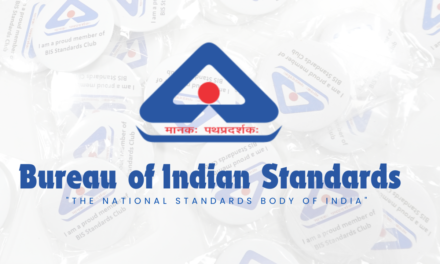Prioritize skill development to satisfy the garment industry’s future demands
As the garment industry evolves to meet global standards and consumer expectations, skill development has emerged as a critical priority to ensure the workforce is equipped for the future. The rapid adoption of automation, digital tools, and sustainable practices in the sector demands a shift from traditional skills to more advanced competencies, including textile technology, sustainable production techniques, and smart manufacturing processes.
Government initiatives such as the Skill India Mission and Integrated Skill Development Scheme (ISDS) aim to train millions of workers in cutting-edge technologies, enabling them to keep pace with the industry’s transformation. Training centers and collaboration with industry stakeholders are being encouraged to focus on areas such as robotics in sewing, eco-friendly dyeing techniques, and blockchain for supply chain transparency.
Furthermore, upskilling programs for existing workers are essential to enhance productivity and meet international quality benchmarks. By integrating vocational training with formal education and promoting partnerships with global apparel brands, the garment industry can create a skilled workforce ready to tackle future challenges.
This focus on skill development is not only expected to improve employment opportunities but also to enable India’s garment sector to remain competitive in the global market, driving innovation, sustainability, and economic growth. With proactive planning, the industry can bridge the skills gap and achieve long-term resilience.







